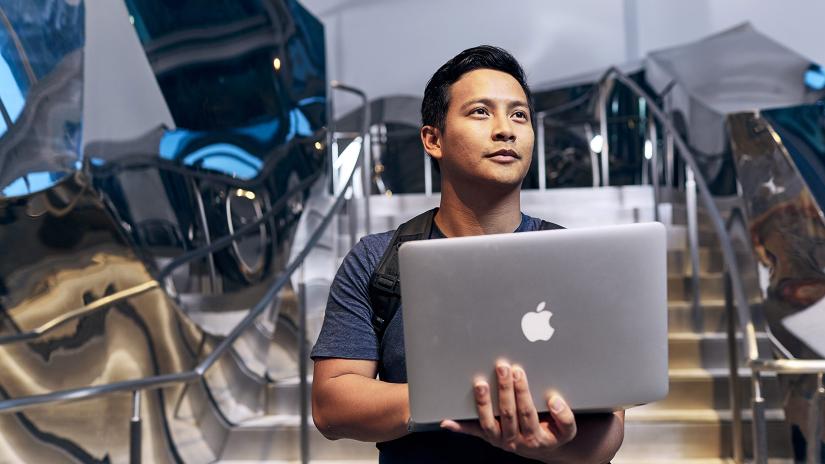Members of the Behavioural Lab supervise research conducted by PhD, masters and honours students. Lab members are also key contributors to the unique Master of Behavioural Economics degree.


PhDs
Supervision
Members of the Behavioural Lab are available to supervise PhD students.
If you are interested in being supervised by a member of the UTS Behavioural Lab, contact us at BehaviouralLab@uts.edu.au.
Some of our past PhD students
- Jonathan Levy received his PhD in economics in 2020. Jonathan’s main research interests are in behavioural economics, experimental economics, market design, organisational behaviour and public policy (see Jonathan Levy's website).
- Hanlin Lou received his PhD in economics in 2022. Hanlin’s main research interests are applied econometrics, financial economics, health economics and behavioural economics (see Hanlin Lou on LinkedIn).
- Ella Bruce received her PhD in marketing in 2023. Ella’s main research interests are in social media and influencers.
For information about doctoral studies at UTS, including how to apply, see graduate research.
Master of Behavioural Economics
Several members of the Behavioural Lab teach in the Master of Behavioural Economics degree.
What we teach
Here are some of the subjects that members of the Behavioural Lab members teach:
- Behavioural Decision Making and Behavioural Game Theory: taught by Dr Elif Incekara Hafalir. Behavioural Decision Making introduces students to a rapidly expanding area of economics and provides students with an understanding of important concepts from psychology and economic theory. Behavioural Game Theory is about decision-making in strategic and group settings. The materials covered in these subjects address the current applications of behavioural economics tools in the industry and government.
- Behavioural Economics and Ethics and Behavioural Economics of Environment taught by Professor Michelle Baddeley. Behavioural Economics and Ethics explores ethical issues relevant to behavioural and experimental analyses in economics. It builds students’ understanding of how ethical principles are relevant in assessing behavioural public policy tools. Students also learn about examples of best and worst ethical practices in behavioural research. Students are introduced to Australian and international ethical standards for human-based research, enabling them to apply sound ethical principles when designing their behavioural experimental studies. Behavioural Economics of Environment explores key insights from behavioural economics to the analysis of environmental problems and policies. It builds students’ understanding of how economic, behavioural and social influences interact to determine environmental choices and outcomes for individuals, groups and society as a whole.
- Choice Architecture: taught by Associate Professor Adrian Camilleri. Choice Architecture uses behavioural insights to inform the design of decision contexts. This subject introduces the cognitive and philosophical foundations underlying choice architecture and ‘nudging’, reviews the major types of choice architectures, and reflects on the ethical implications of strategically manipulating the choice architecture.
- Research Project in Behavioural Economics and Behavioural Economics Research: coordinated by Dr Jason Collins. In Research Project in Behavioural Economics, students engage in a research project over six months to investigate a question, collect data and write a research thesis. Behavioural Economics Research trains students to find, read, and assess research papers in behavioural economics.
For detailed course information, including how to apply, see the Master of Behavioural Economics degree.
Subjects
23004 EXPERIMENTAL ECONOMICS (UNDERGRADUATE)
This subject uses experiments to investigate behaviour in markets and games. It provides a hands-on introduction to the operation of different trading mechanisms (e.g. continuous time double auctions, sealed-bid auctions and combinatorial auctions).
23994 FIELD STUDY IN EXPERIMENTAL ECONOMICS (POSTGRADUATE)
Experimental Economics uses controlled experiments to study human decision-making. The subject covers experimental methods to evaluate economic and behavioural propositions, providing a means for relating economic theory and observed behaviour.
23005 BEHAVIOURAL ECONOMICS
Behavioural economics combines psychology and economics to develop more accurate models for understanding economic phenomena. This subject explores the assumptions and limitations of traditional economic models, while also creating alternative behavioural models based on psychological research. By studying this field, students gain a deeper understanding of economic theory and insights into how human psychology influences economic decision-making.

